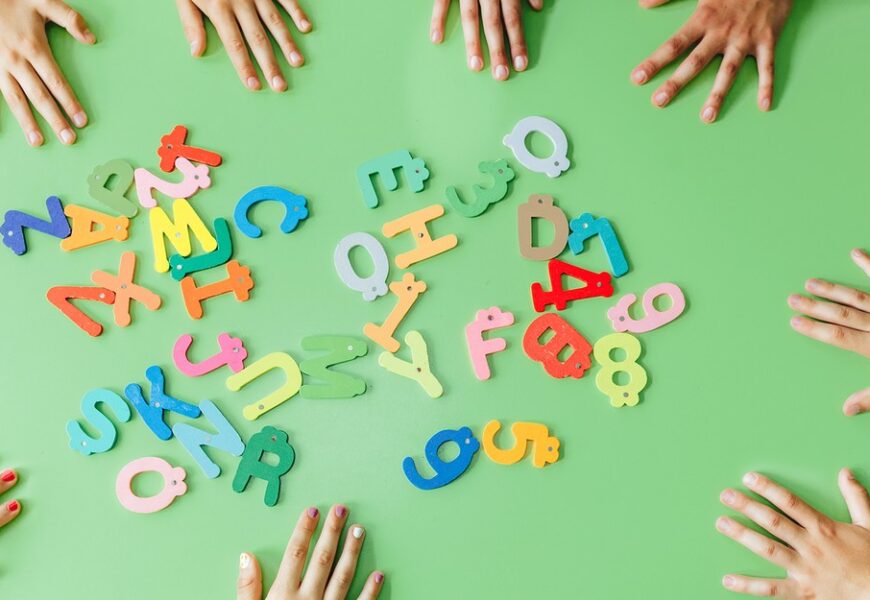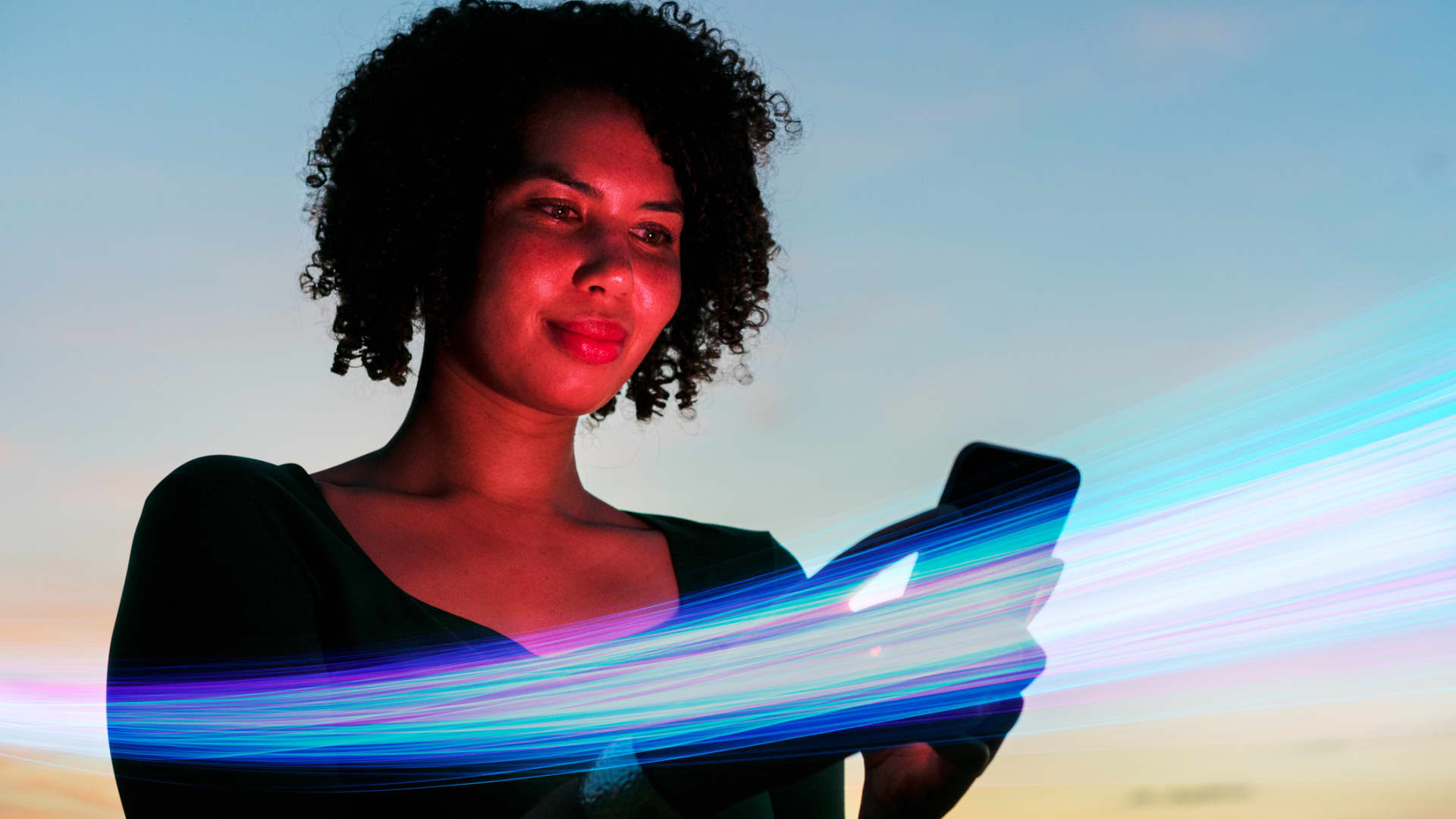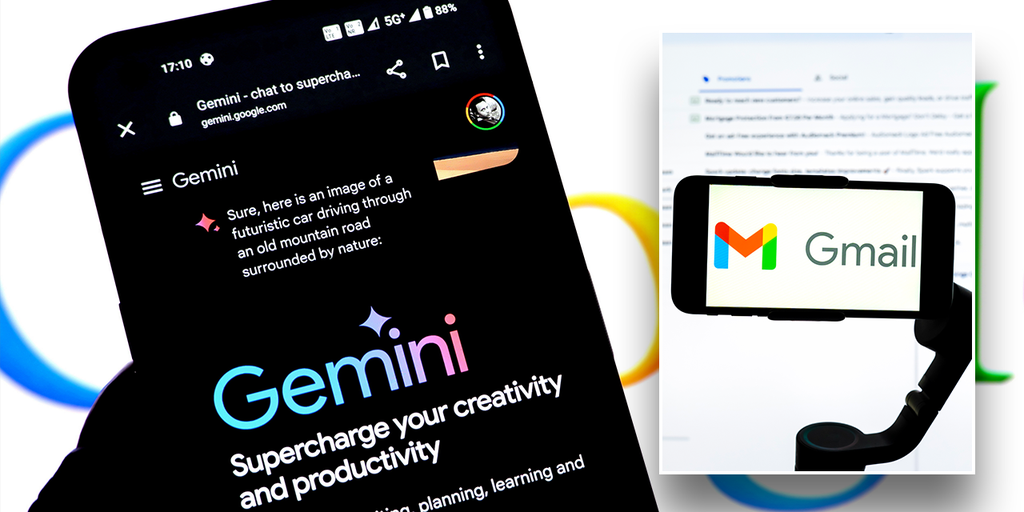When Luna was seven months old, she commenced wearing a vibrant pink helmet equipped with a camera, as per her scientist father’s request, to record her visual and auditory experiences for approximately an hour at a stretch.
Brenden Lake, Luna’s father, is a cognitive scientist at New York University, focusing on enhancing AI training methods. At home, he nurtures human intelligence in his role as a father. During a recent Sunday morning interaction, he engaged Luna in play with a robot puppet, playfully using a Muppet voice to ask if it was for the robot. Luna, engrossed in her wooden toys, initially showed mild interest, typical of young children lost in their own world. However, a few minutes later, she returned to the puppet, clearly stating, “Robot,” thereby confirming her understanding. This unexpected display of knowledge surprised her father, who had never heard her utter the word “robot” before. This incident raised questions about Luna’s rapid learning process and the efficiency of AI training compared to toddler learning abilities.
At eighteen months old, Luna demonstrated a learning technique that challenges current AI models. While humans can grasp concepts from minimal examples, AI often requires extensive data for training. Lake highlighted the disparity in learning efficiency between humans and AI, emphasizing the colossal amount of data AI models are typically trained on compared to the swift learning pace of toddlers. This observation prompted Lake to document Luna’s early developmental stages as part of the BabyView study at Stanford, aiming to leverage the data for AI training improvements.
Advancements in technology have enabled researchers to delve deeper into developmental psychology using tools like cameras and microphones. The BabyView study, initiated by Michael Frank at Stanford, involved outfitting infants with head cameras to capture their developmental milestones. Lake’s involvement in the study stemmed from his interest in utilizing the data to enhance AI training. His research group’s findings, published in Science, showcased the potential of AI models trained on limited video data to recognize objects, indicating a promising avenue for AI development.
While AI models based on infant experiences offer valuable insights, they do not fully replicate the intricacies of human learning. The studies serve as proof of concept rather than exact replicas of toddler learning processes. Lake aims to imbue AI with strategies akin to those observed in children’s learning experiments, such as instinctively grasping the meaning of new words based on context. By integrating such strategies, AI could potentially emulate aspects of childlike learning, although significant advancements are still required.
Lake’s pursuit of AI models that mimic human learning extends to understanding how children perceive and interact with their environment. Collaborative studies involving parent-child interactions captured through head cams revealed intriguing insights, including the potential for AI to learn more effectively from a child’s perspective. These findings underscore the symbiotic relationship between AI research and cognitive development studies, offering new avenues for exploration and hypothesis testing.
In his quest to develop AI models that emulate human learning processes, Lake draws inspiration from the unparalleled learning abilities of children. Despite the captivating nature of observing children learn, Lake acknowledges the complexities involved in deciphering the intricacies of their learning mechanisms. While parenting has provided him with fresh perspectives, the enigmatic nature of child learning continues to pose intriguing challenges for researchers in the field.
Sarah Zhang, a staff writer at The Atlantic, beautifully encapsulates the essence of the intricate interplay between AI research and developmental psychology, shedding light on the ongoing quest to bridge the gap between artificial and human intelligence.










